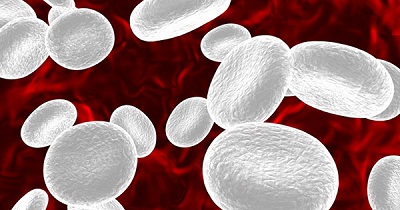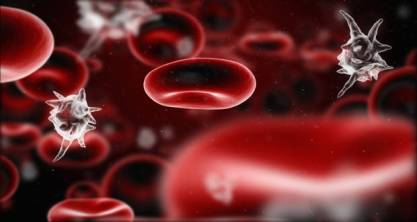If an individual’s count of white blood cells (WBC) falls below the average range, it signifies a medical condition called leukopenia or low white blood cell count. White blood cells are vital for the body’s immune system as they assist in safeguarding against infections and illnesses. It is crucial to promptly address this condition.
Treatment options for low white blood cell counts depend on the underlying cause and severity of the condition. Let’s delve into some of the common treatments utilized:
Treating the underlying cause
The initial measure to control low levels of white blood cells involves recognizing and dealing with the main reason behind it. Potential reasons may comprise undergoing chemotherapy or radiation therapy, taking specific medications, having bone marrow disorders, contracting viral or bacterial infections, or having immune system diseases. By focusing on the underlying cause, physicians can assist in restoring the normal count of white blood cells.
Medications to stimulate white blood cell production
If low levels of white blood cells are caused by bone marrow disorders or suppression from chemotherapy, medications can be given to increase the production of these cells. Colony-stimulating factors (CSFs), referred to as these drugs, can enhance the bone marrow’s capacity to generate more white blood cells and expedite the healing procedure.
Antibiotics or antifungal medications
If a low white blood cell count is caused by a bacterial or fungal infection, doctors may prescribe antibiotics or antifungal medications to treat the infection. These medications can help alleviate symptoms, prevent complications, and restore normal white blood cell levels.
Adjusting medications
Certain medications can potentially cause leukopenia. If this occurs, doctors may opt to decrease the dosage of these medications or switch them with alternatives that have a lesser effect on white blood cell counts. It is crucial, though, to make any adjustments to medication under the guidance of a healthcare professional.
Lifestyle and dietary modifications
Maintaining a well-balanced and healthy diet is crucial for promoting overall well-being and enhancing the production of white blood cells. Including foods that are high in vitamins A, C, and E, as well as zinc and iron, can supply the essential nutrients needed for a strong immune system. Moreover, developing good habits like exercising regularly, getting enough rest, managing stress, and practicing good hygiene can contribute to bolstering the body’s natural defenses.
Avoiding exposure to infections
Individuals with low white blood cell counts are more susceptible to infections. Therefore, it is crucial to take preventive measures to avoid exposure to potential sources of infection. This may involve practicing good hand hygiene, avoiding crowded places or individuals who are sick, and wearing protective masks if necessary.
Monitoring and follow-up
Regular monitoring of white blood cell counts is essential to track progress and ensure that they return to within the normal range. Depending on the individual’s condition, follow-up appointments with healthcare professionals may be necessary to evaluate the effectiveness of the treatment and make any necessary adjustments.
Conclusion
It is significant to recognize that the way in which the condition is treated may vary depending on the root cause of the low white blood cell count and the unique factors of each individual. As a result, it is extremely important to seek advice from a medical expert in order to receive an accurate diagnosis and a personalized treatment strategy.
Most people can improve their immune system and overall well-being by promptly dealing with the root cause, using medicine when needed, adopting a healthy lifestyle, and taking preventive actions. These steps can help bring their white blood cell counts back to a normal level, thus enhancing their ability to defend against infections.









